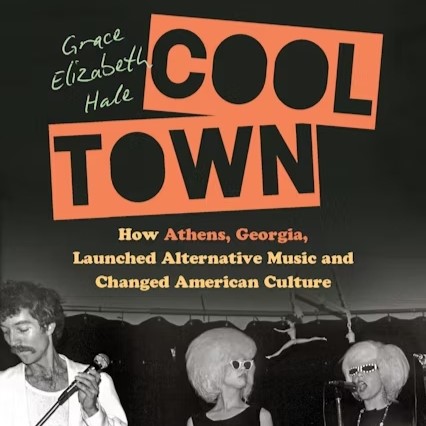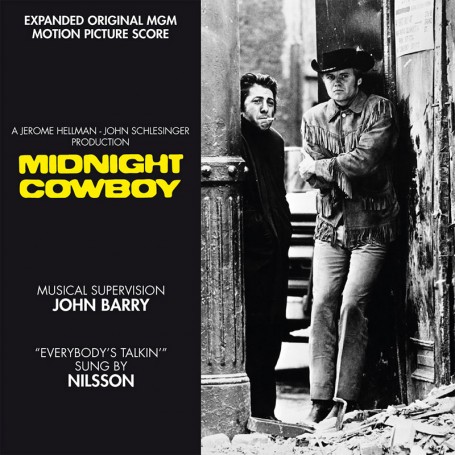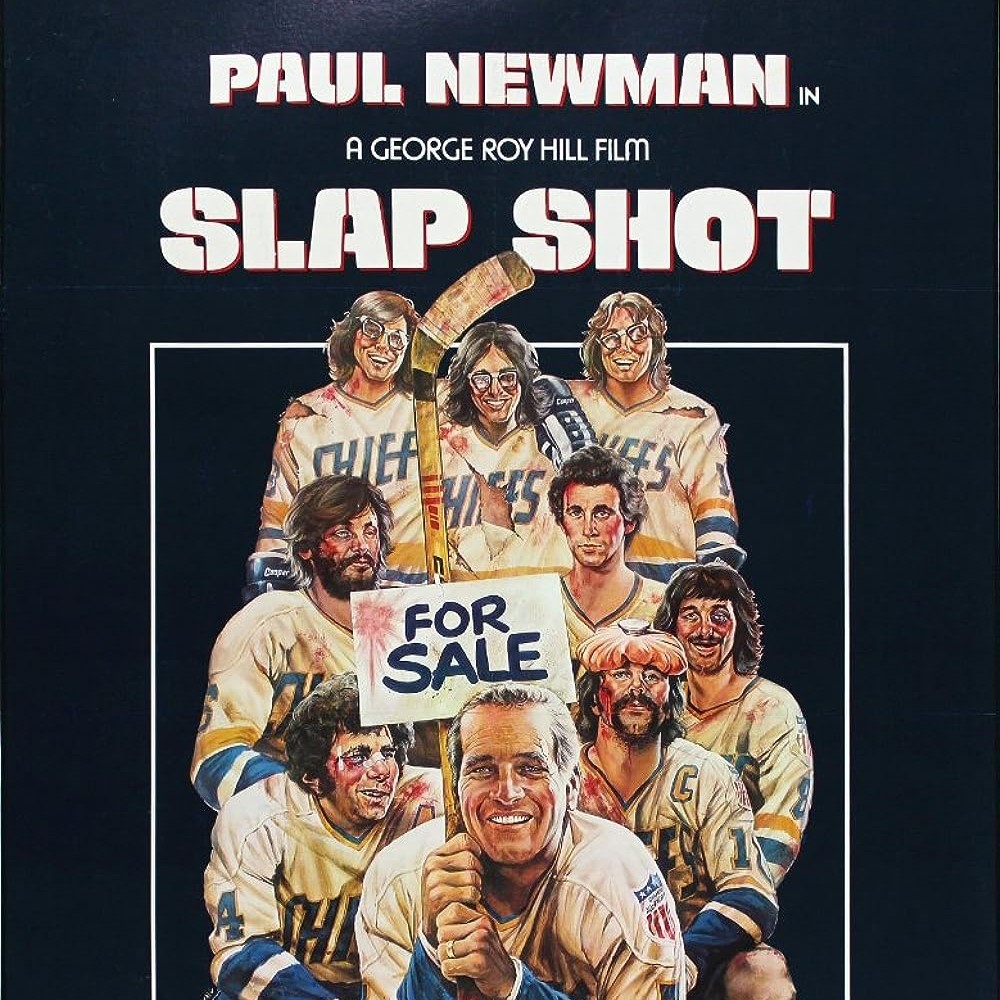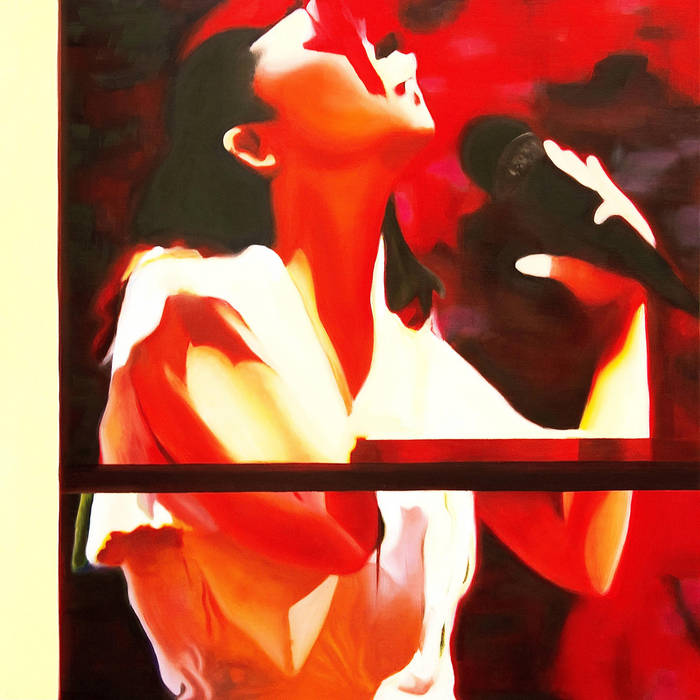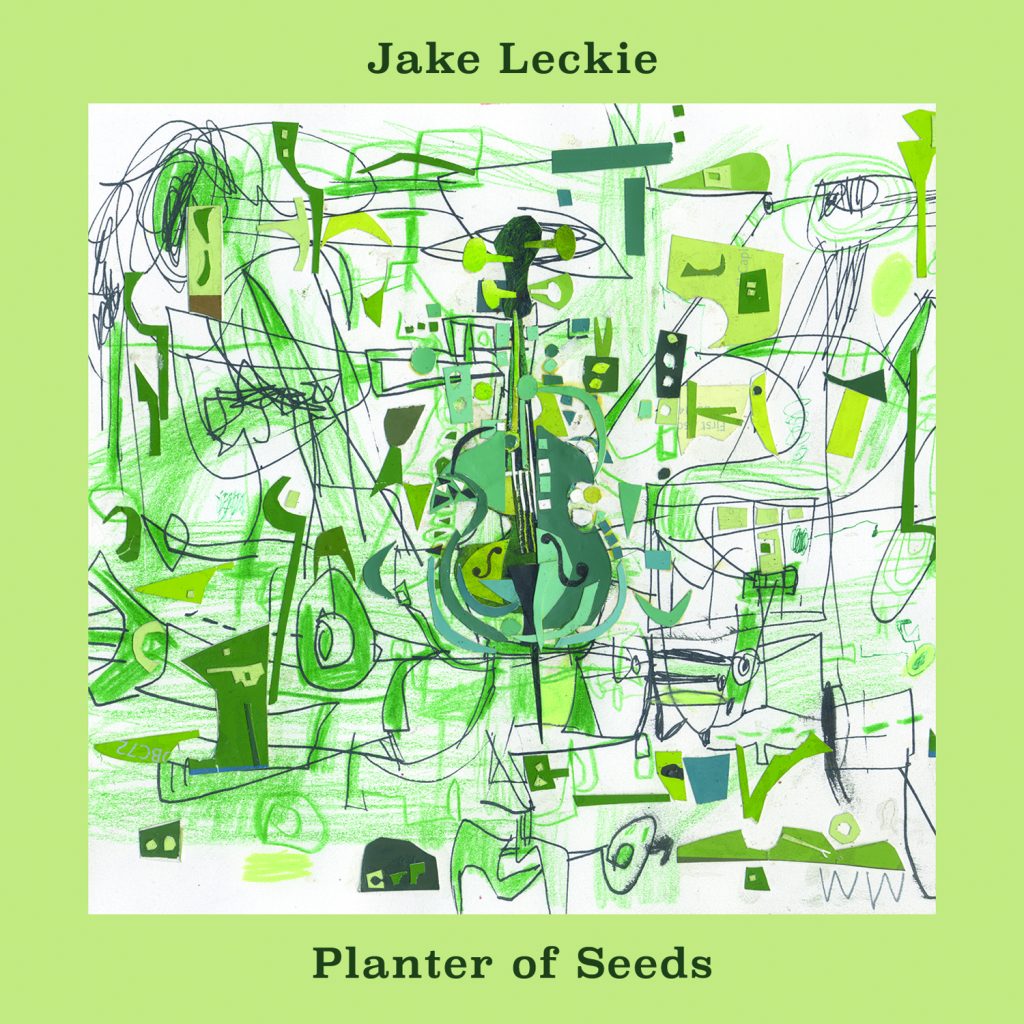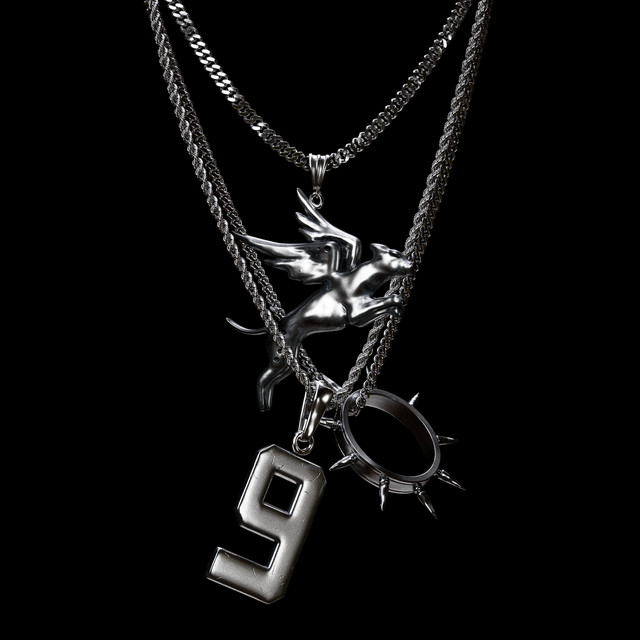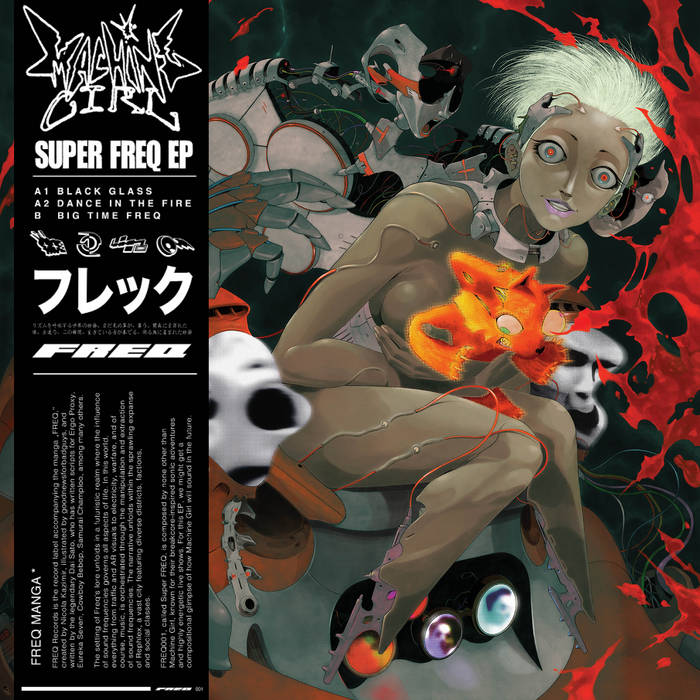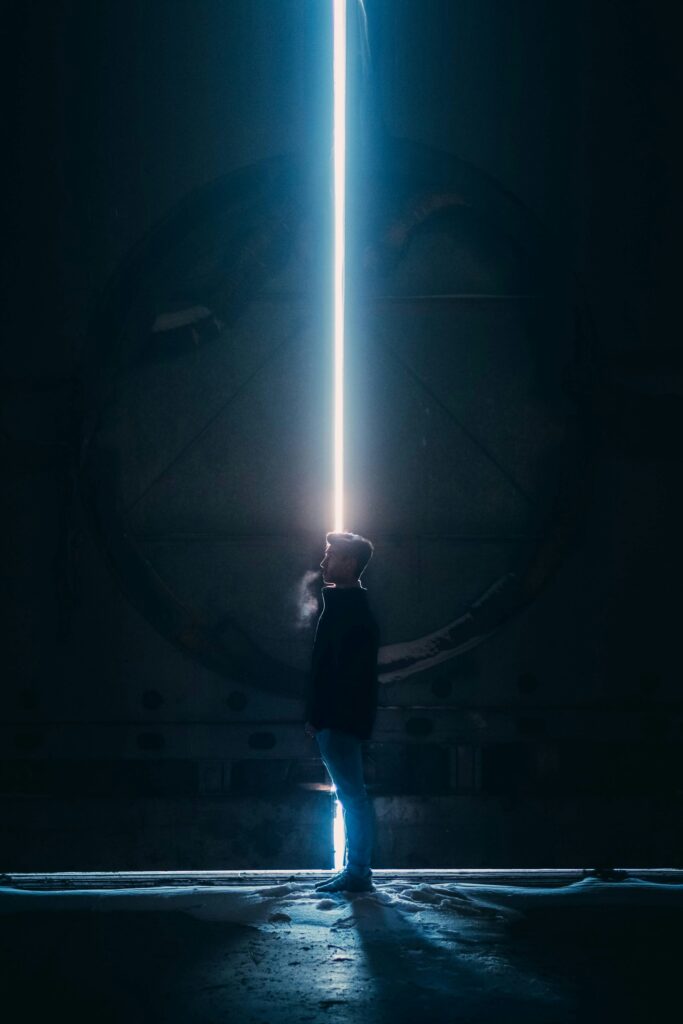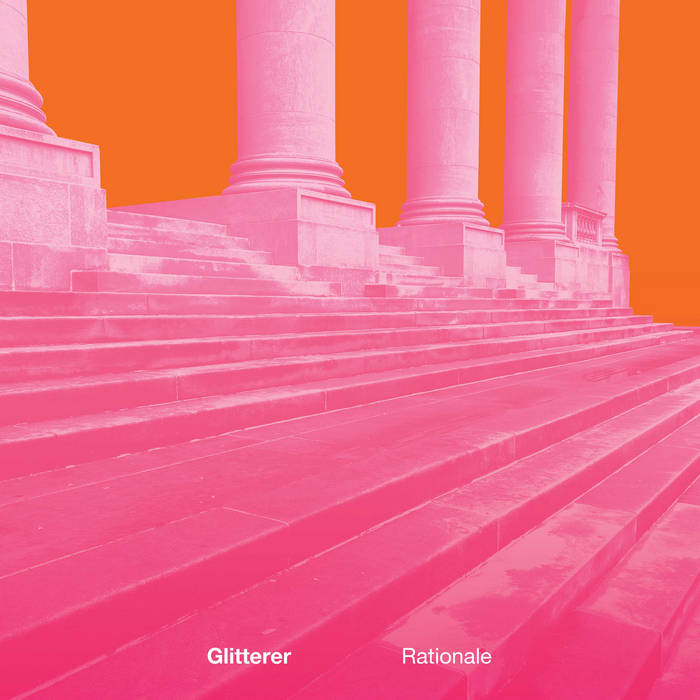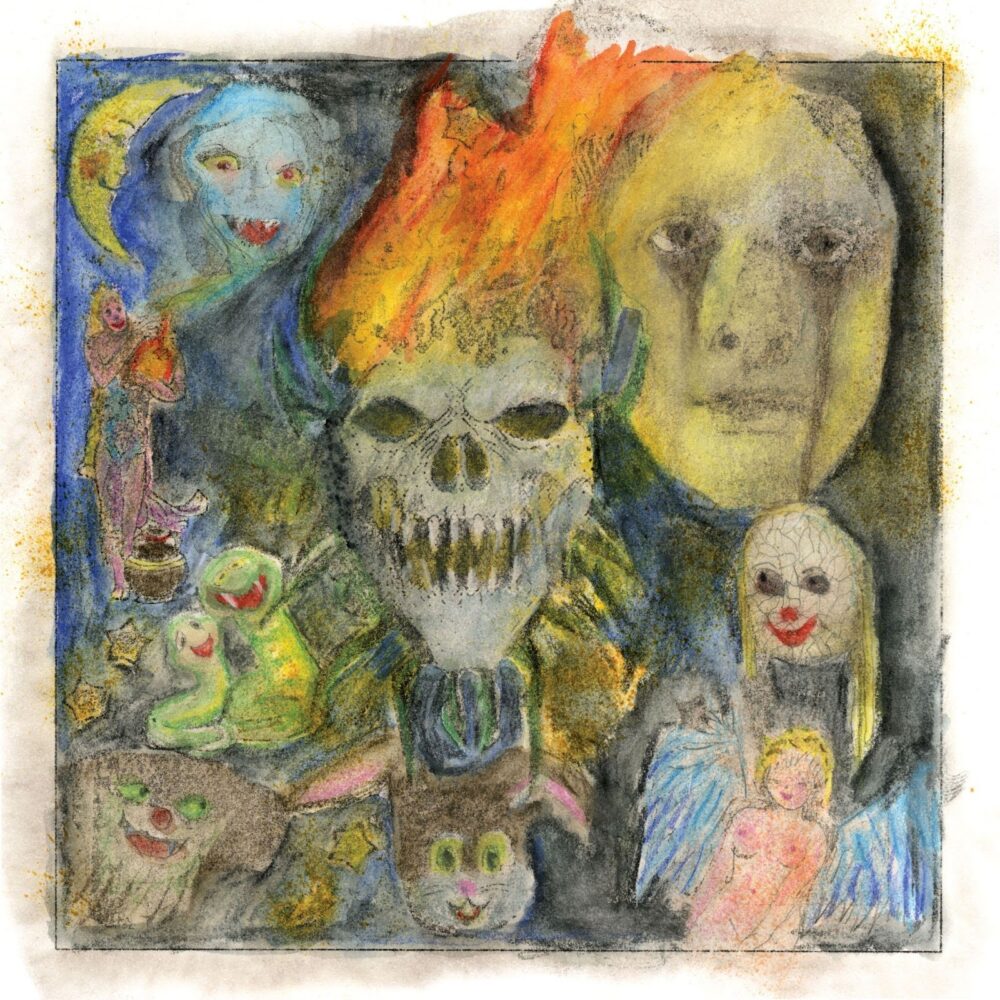Summertime, Living Easy:
While I like to call myself an “avid reader,” I find during the nine-ish months of the school year I hardly get to read anything at all.
Well, let me rephrase: I do plenty of reading, just not reading of my choice.
But, the bright beautiful, summery light at the end of the tunnel has appeared and I’m back, baby.
So why not start off with my favorite read of last season; “Cool Town: How Athens, Georgia, Launched Alternative Music and Changed American Culture” by Grace Elizabeth Hale.
One part research, one part lived experience, and all Southern legend at it’s finest, Hale dutifully recreates the Athens of her youth and the college town that changed the game – sorry, Chapel Hill.
Whereas other music-history books err on either the side of salacious rumors or strict fact, “Cool Town” wasn’t only an easy read, it was a fun one too.
Those Summer Nights:
I picked up a hardcopy on a complete lark, and for a couple weeks it was my faithful companion between beach, pool and patio.
Looking back, it was a prescient read; My first summer coming home from school, struggling to find my footing as a weird, music kid in a Southern college town and this book fell into my lap.
Not to suggest I can even attempt to eclipse the likes of Michael Stipe or Vanessa Briscoe Hay, but it felt good to hear about “outsiders” forcefully carving out a space that ended up defining a generation.
Of course, you can’t tell the story of Athens in the 1980s without R.E.M, Pylon and the B-52s, but Hale is able to also highlight bands that were lost in the backwash like to every potent Love Tractor or her own band Cordy Lon.
Really, it is the underdogs and ancillary acts that make “Cool Town” and Athens of a certain time sing; young, broke and hungry for more people on the fringes determined a revolution in how we see and hear the South.
The most memorable and beautiful moments form the book are recollections of seemingly insignificant moments of DIY debauchery: a church-turned-crash-pad housing a still unnamed R.E.M’s first gig, the B-52s nearly caving the floor during a house party after raiding every thrift store within driving distance for costumes or Matthew Sweet being bullied by his pen-pals to join the fight and leave New York City for the college rock hamlet.
Before it became music for the masses, the Athens sound was queer, feminist, cartoony at times and achingly raw depictions of the chaos that surrounded their stomping grounds; an active folk archival of bohemia as it blossomed and withered.
Build a Better South:
Beyond my own need to feel seen and heard by people who (most likely) would have understood how I felt moving to NC State, I am acutely aware that what we do at WKNC wouldn’t really look the same without what happened in Georgia – and bled into Chapel Hill/Carrboro – nearly fifty years ago.
College kids across the nation, but especially in the Southeast glommed onto this new driven, jangly music through shared tapes and party bands.
The cretins (like myself) who found their way into the DJ booth then proliferated the new sound across the air, offering respite from the crude and careless old guard – looking at you, Howard Stern.
For the first time in a long time, the radio was fresh and new…and from a current DJs perspective, we’re still riding that high today; most of the listeners who reach out first found us through that eighties boom.
At universities across the South, armed with college rock/jangle rock/power pop/whatever you want to call it, DJs and musicians have been redefining what it means to be Southern in radical ways.
Simply put, y’all means all at WKNC and I will proudly stake part of that in the work coming from Athens some 45 years ago.
Do you want more college rock beamed to your brain?
Fear not good readers, I’ve got the best of the best for your listening pleasure all inspired by the cool sounds of “Cool Town.”

